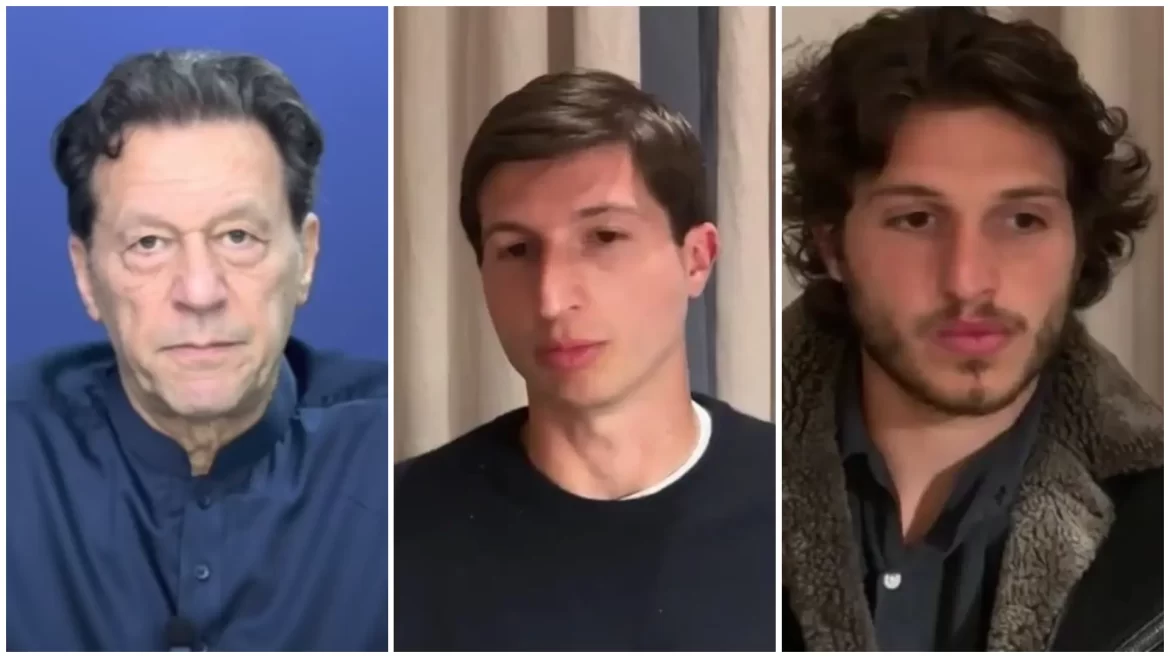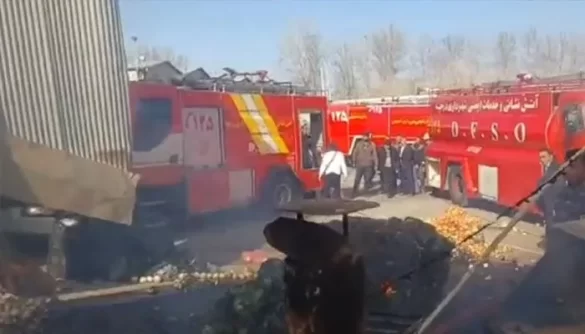Formal Appeal Lodged with UN Special Rapporteur
The sons of former Pakistani Prime Minister and Pakistan Tehreek-e-Insaf (PTI) founder Imran Khan have filed a formal appeal to the United Nations, requesting urgent intervention in their father’s imprisonment. Qasim and Suleman Khan submitted their petition to the UN Special Rapporteur on Torture, stressing that Khan’s detention conditions amount to cruel and degrading treatment.
According to the appeal, Imran Khan is enduring solitary confinement, restricted access to medical care, inadequate food, and constant surveillance. These circumstances, the petition argues, not only harm his physical health but also inflict psychological suffering.
Concerns Over Human Rights Violations
The petition highlights that several international organizations have already raised concerns regarding Khan’s detention. Amnesty International and the U.S. State Department have previously called attention to the risks to his health and safety. Both organizations have emphasized the need for Pakistan to ensure fair trial standards and adequate protection of detainees.
Qasim and Suleman argue that the current situation violates international human rights conventions, particularly the International Covenant on Civil and Political Rights, to which Pakistan is a signatory. They describe their father’s imprisonment as an affront to human dignity, insisting that his treatment contradicts international legal obligations.
Punished for Defending Democracy
In a statement shared on social media, Qasim Khan wrote, “My father is being punished for raising his voice for democracy.” His comments reflect the view within PTI that Khan’s arrest is politically motivated, designed to silence dissent and weaken the opposition.
Since his removal from office in April 2022 through a parliamentary no-confidence vote, Imran Khan has faced a series of legal cases ranging from corruption charges to contempt of court. PTI maintains that these charges are fabricated and part of a broader crackdown on political opponents.
Broader Political Context in Pakistan
Imran Khan’s imprisonment has been a defining factor in Pakistan’s turbulent political landscape. His ouster triggered mass protests, with supporters alleging that powerful institutions engineered his downfall.
Pakistan has a long history of political leaders facing jail time. From former Prime Ministers Zulfikar Ali Bhutto and Nawaz Sharif to Benazir Bhutto, imprisonment and exile have often marked the careers of the country’s most prominent politicians. Analysts argue that Khan’s situation follows this recurring pattern, where political disputes spill over into judicial and legal battles.
International observers have expressed concern that such instability undermines Pakistan’s democratic process. The country is already grappling with a fragile economy, rising inflation, and security challenges, leaving its political system under added strain.
International Reactions and Calls for Transparency
The international community has closely monitored Khan’s detention. Amnesty International has urged Pakistani authorities to guarantee his access to legal representation and medical facilities. Similarly, the U.S. State Department, while cautious in its language, has emphasized the importance of due process.
Some PTI supporters also believe that international figures, including former U.S. President Donald Trump, could influence the campaign for Khan’s release, as noted by Qasim Khan in Trump Could Play Key Role in Imran Khan’s Release: Qasim Khan
The United Nations Working Group on Arbitrary Detention has, in previous cases involving political leaders worldwide, issued opinions on violations of international norms. Khan’s sons hope their petition will lead to similar scrutiny and pressure on Islamabad.
What Lies Ahead
The appeal places the Pakistani government under renewed international spotlight. While it remains uncertain whether the UN will formally investigate, such petitions often add diplomatic pressure.
Legal experts note that although UN rapporteurs cannot compel Pakistan to act, their reports can influence global opinion and shape international responses. For Khan’s supporters, any recognition of human rights concerns by the UN would strengthen calls for his release.
For now, Qasim and Suleman’s move signals a shift in the campaign for their father’s freedom, taking the battle beyond Pakistan’s borders to the global stage.















